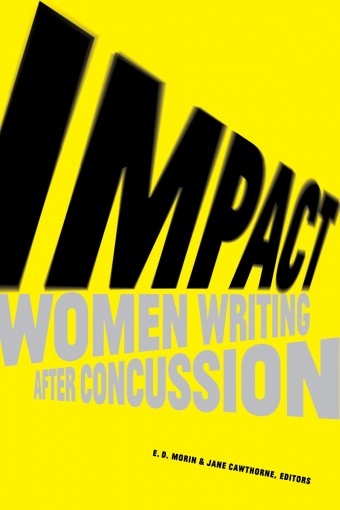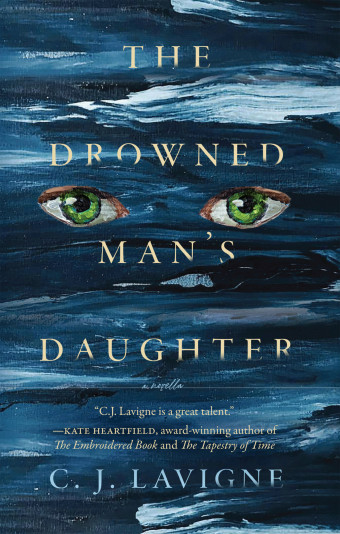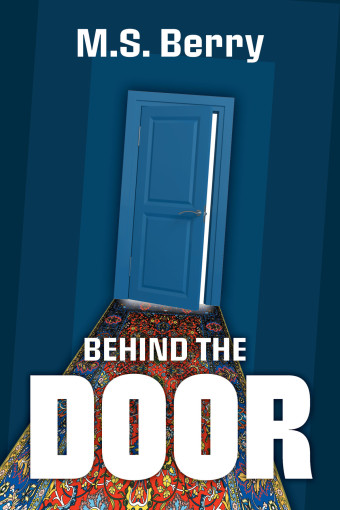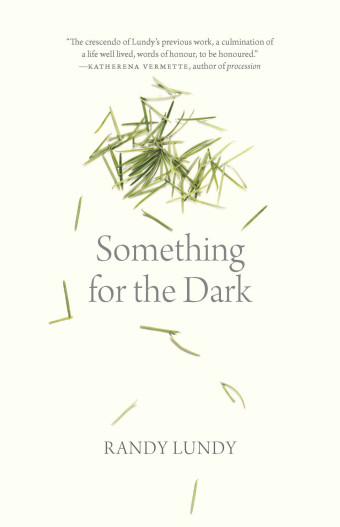The anthology Impact: Women Writing After Concussion is a collection of work that sheds light on the array of symptoms associated with concussion, showing how over 20 writers who have had concussions manage their personal and professional lives. Jane Cawthorne and E. D. Morin, co-editors of the book, count themselves among those writers.

- Impact
- E. D. Morin (Editor), Jane Cawthorne (Editor)
- The University of Alberta Press
- $26.99 Paperback, 304 pages
- ISBN: 978-17-72125-81-8
Julia Nunes, one of the contributors, wrote, “Could there be a less injury-prone occupation than writer?”
Turns out that a concussion can happen any time and to anybody, even to people in relatively sedentary jobs. “That is why reading Impact is a little scary,” says Toronto-based Cawthorne. “We are all vulnerable. Again, we’ve all learned recently how life changes in an instant.”
“When we talk about concussion, we automatically tend to think about men in professional sport,” says Calgary-based Morin. “Women play sports, too, and some of our writers got concussed playing hockey, soccer, and roller derby. There are skiing and cycling accidents as well.”
Concussions also happen in mundane ways like bumping a head against a shelf, or accidentally knocking heads with a child.
Cawthorne was surprised to hear that many concussions result from wheelchairs falling over. “And far too many are the result of intimate partner violence,” she adds.
The collection is currently being used as the basis for a study of women and concussion led by a team at the Head Injury Clinic at St. Michael’s Hospital in Toronto. Both Cawthorne and Morin hope it will be part of a larger and very important conversation about women and concussion.

The beauty of an anthology is that it offers so many perspectives. The two editors expect a wide readership for Impact since it addresses several broad topics, including women’s health, illness and recovery, ableism and disability studies, literary memoir, writing about trauma, intimate partner violence, and sports injury.
“There are themes here that go well beyond brain injury,” says Cawthorne. “So there is a lot here for a whole range of readers.”
Impact is also for readers who enjoy excellent writing. There are traditional essays, poems, cross-genre pieces, and more experimental works to explore.

“The quality of material submitted was already wonderful,” says Morin. “There was some editing, of course. And it’s important to remember that everyone is in some stage of brain injury.”
And whatever stage of injury the writers are in, “recovery” is an elusive part of it.
“Many of the writers, including both of us, grappled with what recovery means when there is no going back to the people we were,” says Cawthorne. “And we actively resisted the ‘silver-lining’ narrative. Sometimes, something new or good can happen, but not necessarily.
“Sometimes recovery is a tough slog to get you somewhere you never really wanted to be. But there you are. And there is good in this new place. You are still worthy in this place and still have value. Sometimes recovery means acceptance. Sometimes it means figuring out how to do the things you want to do in a new way. It’s not easy, but the capacity to adapt is important.”













